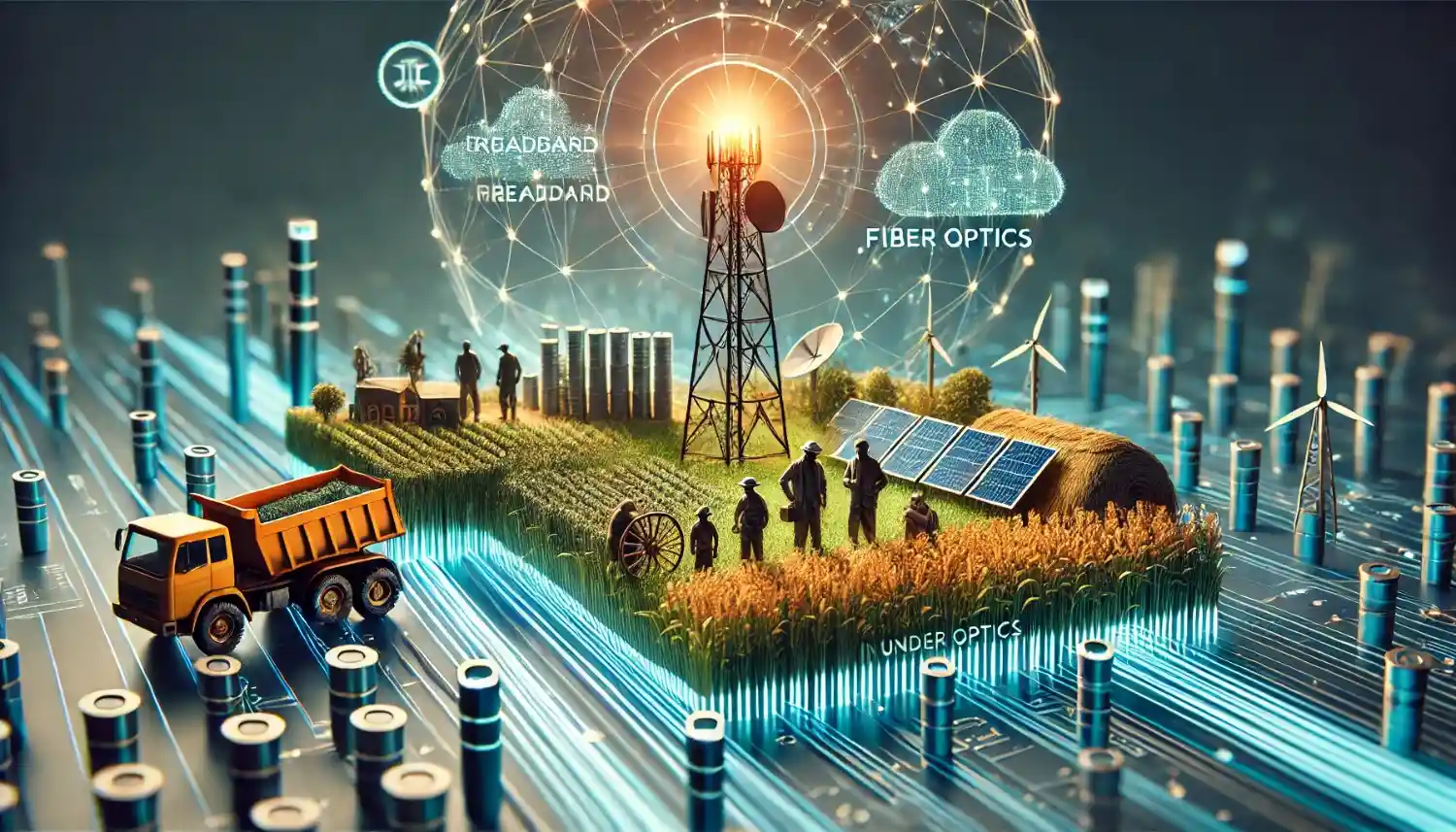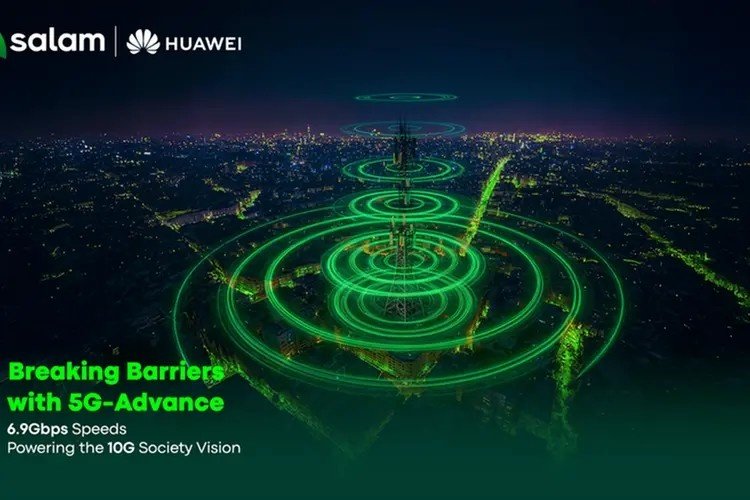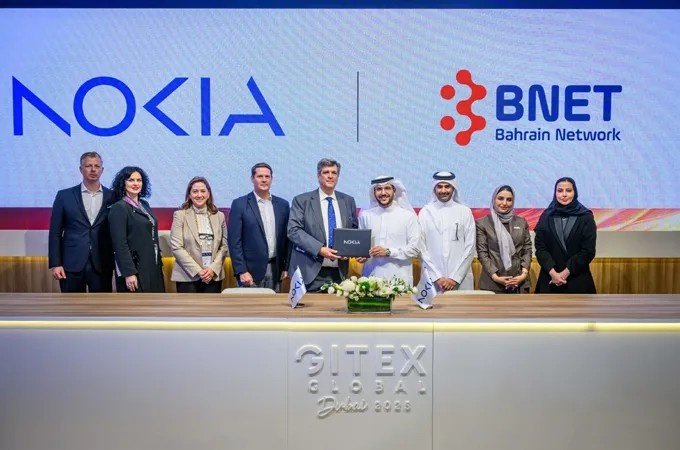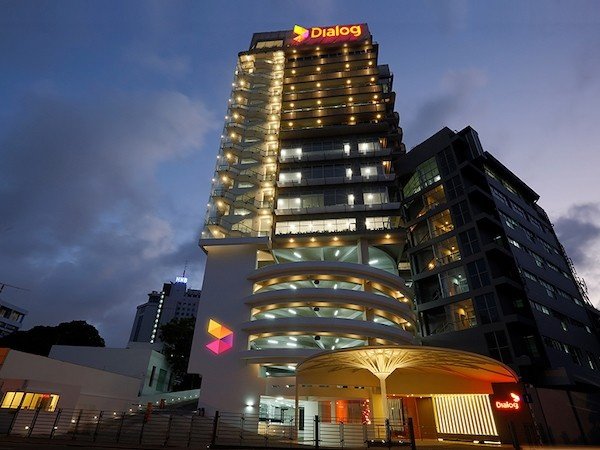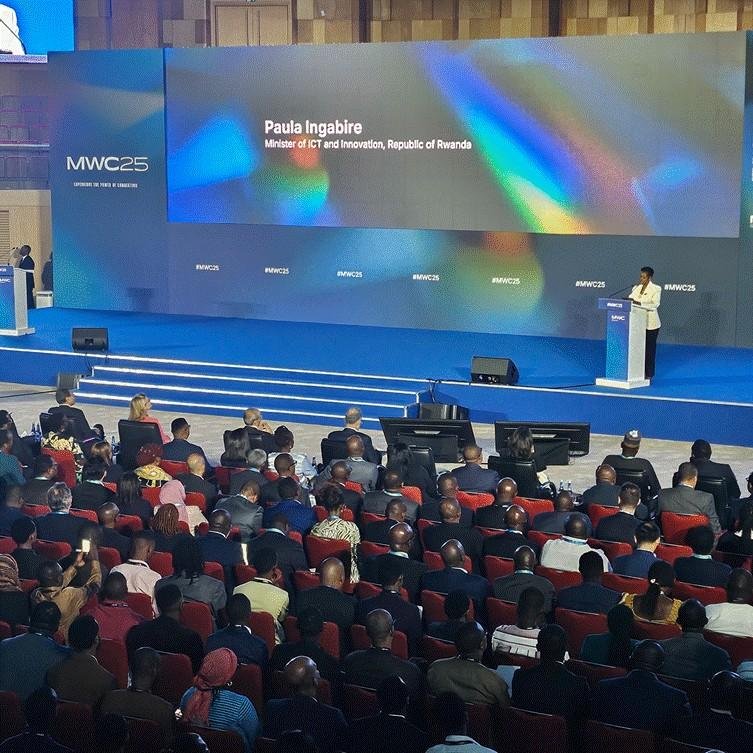ISLAMABAD – Pakistan Telecommunication Company Limited (PTCL) and Ufone have received a significant portion of the Rs 141.66 billion subsidy awarded by the Universal Service Fund (USF), amounting to around Rs 77 billion, or 54 percent of the total. This subsidy is aimed at expanding telecom services to underserved and unserved areas across the country.
The USF has allocated Rs 141.66 billion in subsidies for approximately 150 projects to extend telecom services, including cellular, broadband internet, and fiber optics, to areas lacking proper connectivity. However, sources indicate that the USF faces several challenges, including security concerns and equipment theft, which are causing delays in the timely execution of some projects.
The USF, established in 2007, collects contributions from telecom operators, who contribute 1.5 percent of their revenue annually. This amounts to around Rs 7-8 billion a year. The fund was created to improve telecommunication coverage, which was only around 44 percent prior to its inception.
Of the total Rs 141.66 billion subsidies, Ufone has received Rs 40.49 billion (28.6 percent), PTCL has been awarded Rs 36.65 billion (25.9 percent), and other telecom operators have received varying amounts. Telenor, for example, has been awarded Rs 30.04 billion (21.2 percent), while Zong, Jazz, Wateen, and other providers have received smaller shares.
The “Broadband for Sustainable Development” program, which falls under the USF, aims to provide telecom services to unserved villages across Pakistan. After the federal government issued 3G/4G licenses, the program was updated to include broadband internet as a mandatory component for new projects. Additionally, powering telecommunication sites with solar energy is now a requirement for all projects.
So far, 1,699 base transceiver stations (BTS) have been installed, covering 12,825 mauzas (villages). The USF continues to work toward ensuring that telecom services are available in rural areas, promoting the development of an affordable and reliable network of voice and data services.
In addition, a project focused on extending optic fiber to underserved tehsil HQs is helping telecom providers extend services to remote areas. So far, 56 tehsils and 26 towns have been connected, with a total of 6,447 km of fiber laid.
The Next Generation Broadband for Sustainable Development Programme (NG-BSD) is an innovative initiative providing coverage along National Highways and Motorways. Unlike other programs that target residents, NG-BSD aims to provide voice and broadband data services to commuters traveling through unserved patches of these routes.











